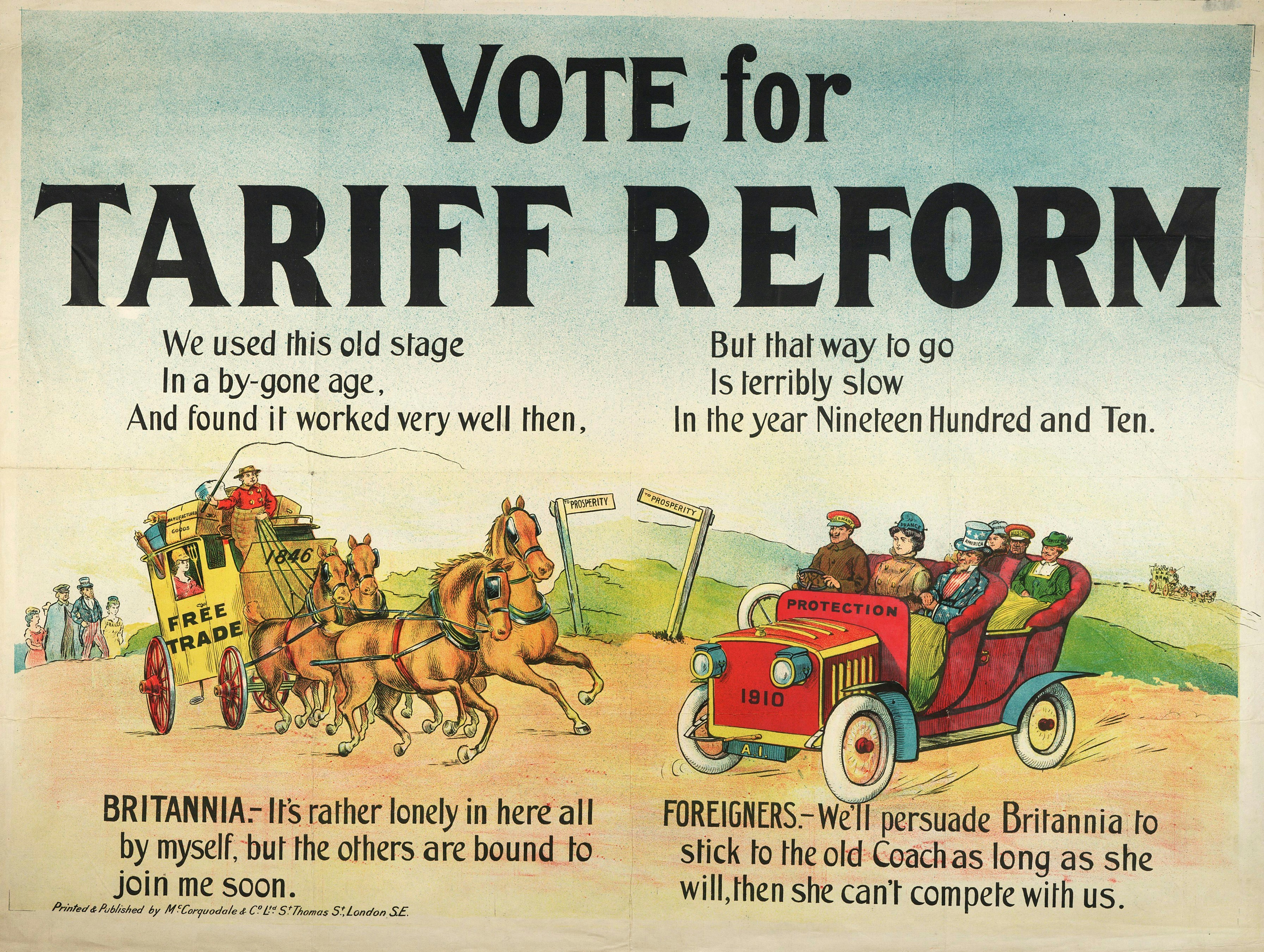
Introduction to US Reciprocal Tariffs
The practice of imposing reciprocal tariffs has gained significant attention in global trade discussions, particularly concerning its effects on developing and poorer nations. As the United States implements these tariffs, the repercussions can be serious, potentially harming the economies of vulnerable countries.
The Concerns Raised by China
China has openly criticized the US approach, suggesting that such actions inflict ‘serious harm’ on developing nations. According to them, these tariffs not only disrupt trade flows but also exacerbate existing inequalities. The argument is that the economic consequences disproportionately affect those who are already struggling to establish robust trade relationships.
The Economic Implications for Poor Nations
Developing countries often rely on exports to strengthen their economies, and US reciprocal tariffs can lead to increased costs for these nations, making their goods less competitive in the global market. This scenario can result in reduced income, heightened poverty levels, and stunted growth for the populations that depend on these flourishing sectors.
In conclusion, the ongoing dialogue surrounding US reciprocal tariffs raises pressing questions about the responsibility of developed nations in protecting the economic stability of developing countries. It remains crucial for policymakers to recognize the potential ramifications of their trade policies and pursue strategies that foster equitable trade practices.
Discover more from Techtales
Subscribe to get the latest posts sent to your email.